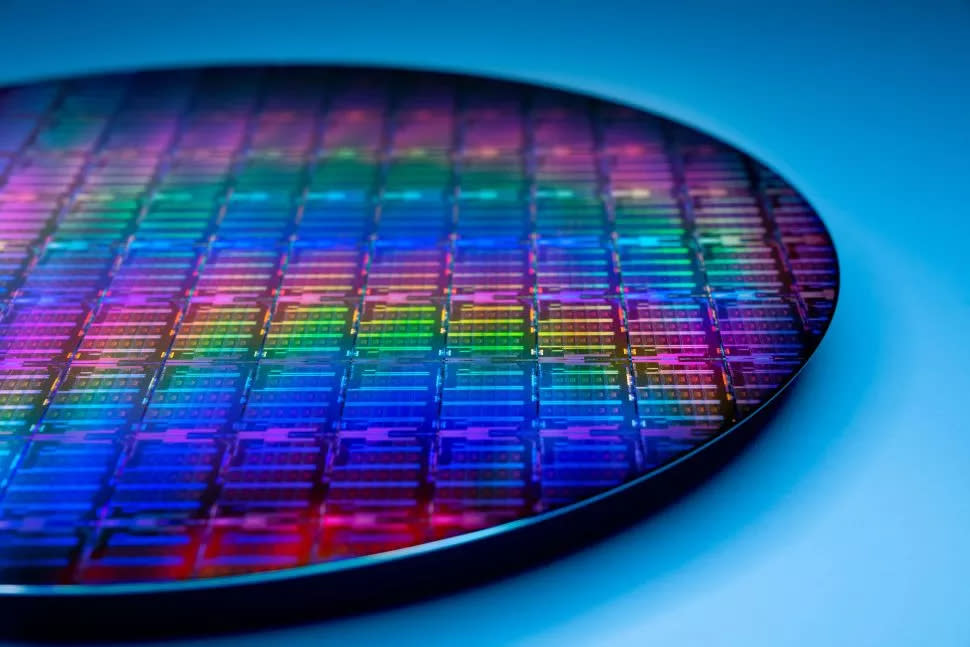Acer Founder Doubts US Can Match Asia's Chip Making Dominance

- Oops!Something went wrong.Please try again later.
Acer has some tough words for the U.S. government and its plans to expand domestic semiconductor production to better compete with entrenched global players. Acer founder Stan Shih said in a recent interview with Yahoo Taiwan that the U.S. is too far behind its Asian counterparts, particularly Taiwan, when it comes to producing sufficient quantities of chips that go in everything from smartphones to servers to self-driving automobiles to military hardware.
According to Shih, the U.S. didn't do itself any favors by outsourcing much of its semiconductor production decades ago. The supply chain necessary to sustain a consistent flow of chips heavily favors Asia, and there will be a significant lag in getting those operations fully entrenched stateside.
That last statement regarding supply chain deficiencies is borne out by comments made by TSMC last week. Last Thursday, TSMC chairman Mark Liu said that the Taiwanese company would delay mass production of its Arizona fab from early 2024 to 2025, partly due to a lack of cleanroom tools necessary to produce ships at scale.
More importantly, Liu added that there is a shortage of workers qualified to staff its Fab 21 production lines. "We are encountering certain challenges, as there is an insufficient amount of skilled workers with the specialized expertise required for equipment installation in a semiconductor-grade facility." These staffing setbacks come even though TSMC flew Taiwan-based engineers to Arizona to help train new hires.
As part of the $280 billion CHIPS Act, the U.S. wants to strengthen its domestic semiconductor industry to create new high-tech jobs and as a means to protect national security interests. The U.S. is uneasy about Taiwan being the lifeblood of the world's chip supply, especially with the geopolitical concerns surrounding China's outsized influence in the region.
Intel is one of the many companies taking advantage of the subsidies available from the CHIPS Act and is constructing the Silicon Heartland campus in Ohio. This will be the company's first all-new domestic fab site in decades. "The establishment of the Silicon Heartland is testament to the power of government incentives to unlock private investment, create thousands of high-paying jobs, and benefit U.S. economic and national security," said Intel CEO Pat Gelsinger in September 2022.

